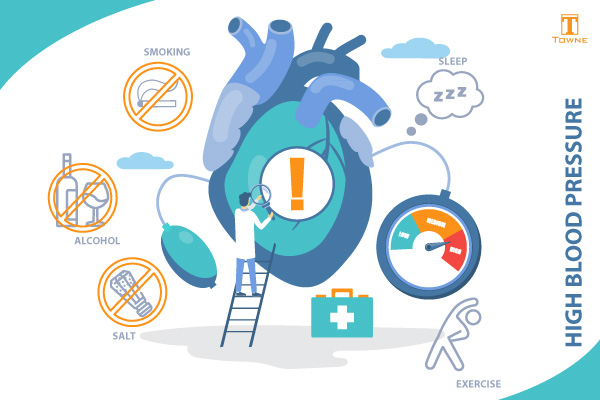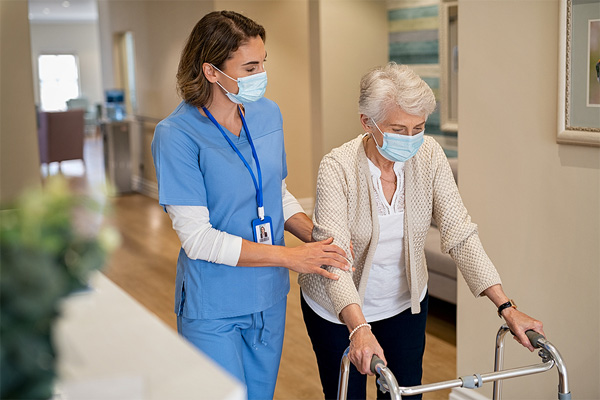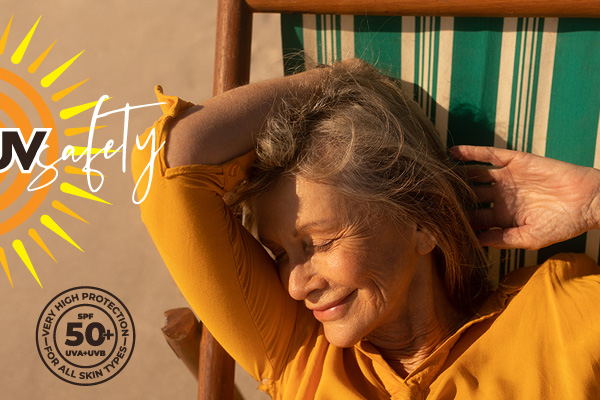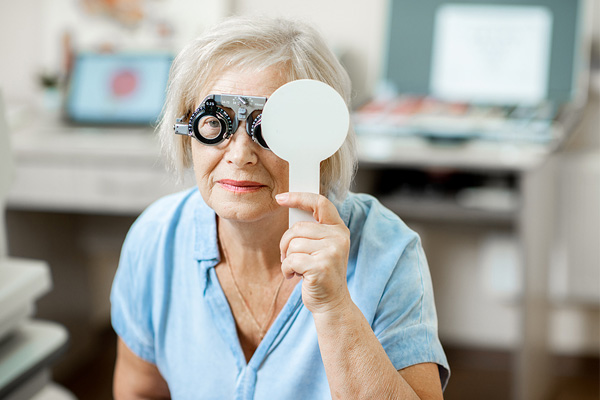Hypertension, or high blood pressure, is a common problem among nursing facility residents. It can lead to heart disease and stroke, vascular dementia, eye problems and kidney disease.
Men are more susceptible to high blood pressure after age 55, while women tend to suffer from the problem after menopause. Monitoring blood pressure consistently is crucial for picking up on problems before they get worse. Checking before and after meals gives the most accurate picture. If blood pressure is extremely high, it should be reported immediately to the attending physician.
Lifestyle Changes
It is possible to lower blood pressure through lifestyle changes, but these changes are not necessarily available to nursing facility residents. For example, exercise such as brisk walking or swimming helps prevent and treat hypertension, but most residents of nursing homes are too frail for any significant exercise.
Dietary adjustments are another way to control blood pressure. Nursing home residents can be put on a diet which avoids salt and focuses instead on a balance of fruit, vegetables, grain, dairy, protein and oils. Insufficient sleep and stress can contribute to hypertension. Medical personnel don’t have complete control over this, of course, but they can work to reduce stress and provide a comfortable sleeping environment.
Blood Pressure Medication
Medication is commonly used to reduce blood pressure, but research shows that it may not be a good idea to treat residents of nursing homes with intensive blood pressure medication. The study concluded that the elderly patients taking more medication were actually more likely to end up being hospitalized than those who were taking less. However, the residents taking larger amounts of medication were less likely to experience a decline in physical abilities. It was also discovered that blood pressure medication and dementia were not a great combination. The study suggested reducing the amount of medications for many patients and possibly stopping them altogether for those with dementia. Of course, decisions have to be made on an individual basis and with medical consultation.







